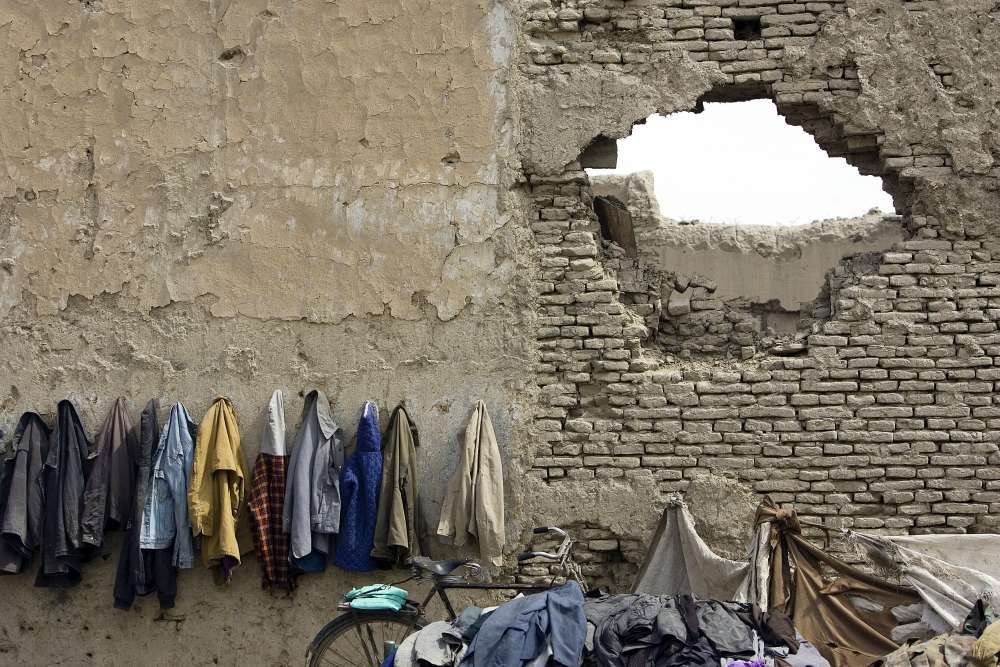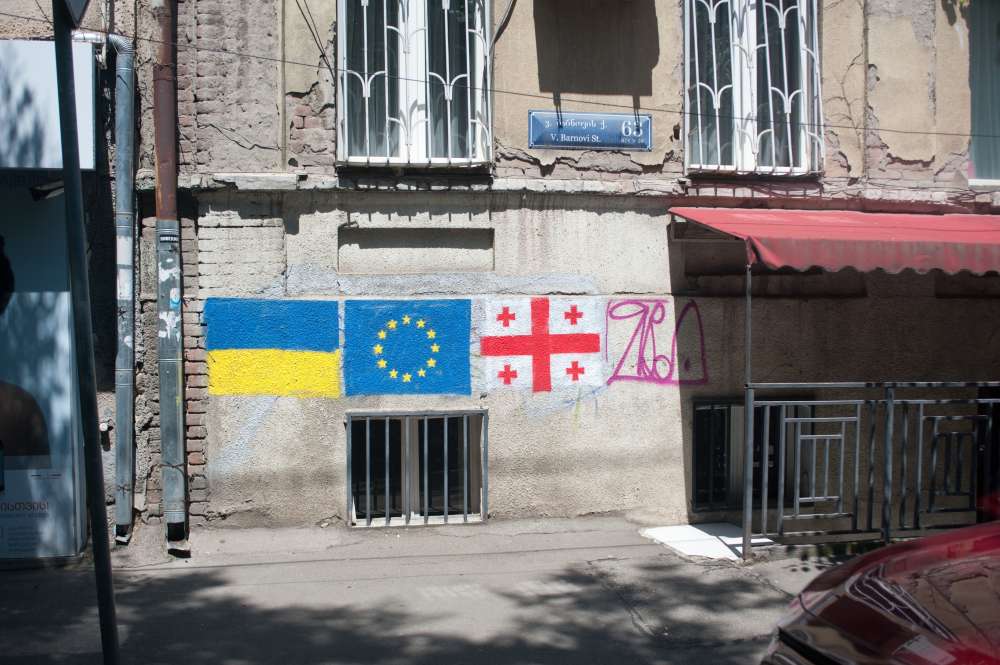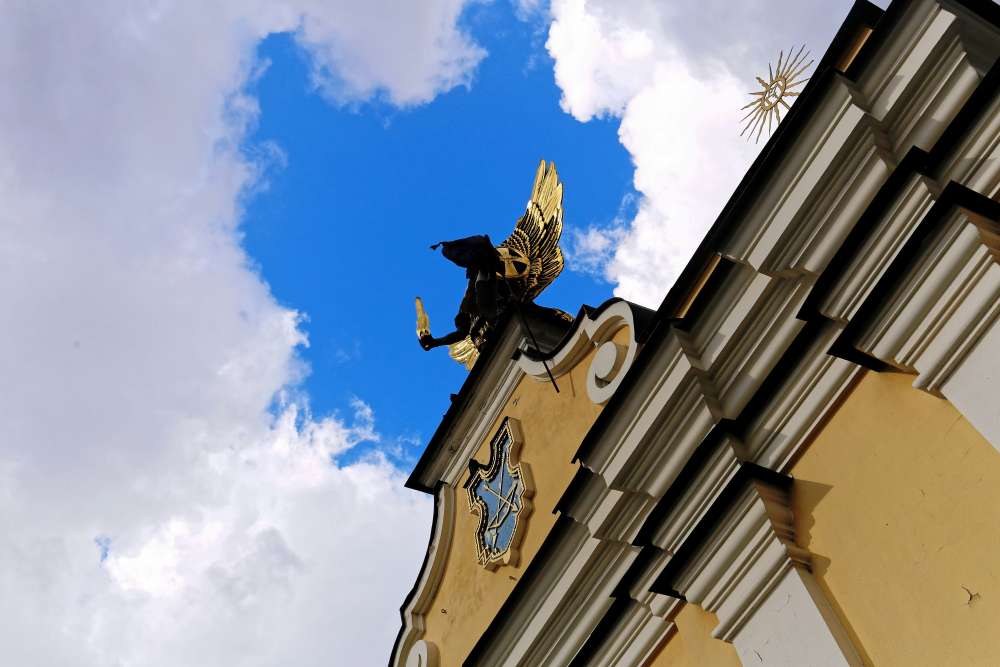The New World of UN Peace Operations: Learning to Build Peace?
Peace operations are the UN’s flagship activity. Over the past decade, UN blue helmets have been dispatched to ever more challenging environments from the Congo to Timor to perform an expanding set of tasks. From protecting civilians in the midst of violent conflict to rebuilding state institutions after war, a new range of tasks has transformed the business of the blue helmets into an inherently knowledge-based venture. But all too often, the UN blue helmets, policemen and other civilian officials have been “flying blind” in their efforts to stabilize countries ravaged by war. The UN realized the need to put knowledge, guidance and doctrine and reflection on failures and successes at the center of the institution.
Building on an innovative multi-disciplinary framework, The New World of UN Peace Operations provides a first comprehensive account of learning in peacekeeping. Covering the crucial past decade of expansion in peace operations, it zooms into a dozen cases of attempted learning across four crucial domains: police assistance, judicial reform, reintegration of former combatants and mission integration. Throughout the different cases, the book analyzes the role of key variables as enablers and stumbling blocks for learning: bureaucratic politics, the learning infrastructure, leadership as well as power and interests of member states. Building on five years of research and access to key documents and decision-makers, it presents a vivid portrait of an international bureaucracy struggling to turn itself into a learning organization. Aimed at policy-makers, diplomats and a wide academic audience (including those working in international relations, peace research, political science, public administration and organizational sociology), The New World of UN Peace Operations is an indispensable resource for anyone interested in the evolution of modern peace operations.
Features
- First comprehensive study opening up the black box of the UN peace operations apparatus
- Innovative multi-disciplinary conceptual framework
- Rich in new empirical detail (12 new case studies in four crucial issue domains)
Get the Book
- Order from Amazon CA ↪ , FR ↪ , IT ↪ , JP ↪ , UK ↪ , US ↪ , DE ↪
- Kindle editions available US ↪ , DE ↪
- Access to Oxford Scholarship Online e‑book ↪
Reviews
A longstanding wisdom is that ‘UN’ and ‘learning’ should never be used in the same sentence. The New World of UN Peace Operations give us evidence for why some wisdoms have the mark of truth. It also gives us reason for hope. This sober, hard-headed, deeply researched exploration of the education of UN peace operations reveals: why the UN’s culture makes learning so difficult; why the failure of states to support reforms and innovation is a big reason for that difficulty; and how the UN is, at times, able to overcome its own limitations and constraints imposed by states to improve its operations. This is the rare volume that contributes both to policy and scholarly debates. Practitioners should take seriously the volume’s lessons learned. Scholars will appreciate the rigorous treatment of organizational learning.
Michael Barnett, university professor of international affairs and political science, George Washington University
This innovative work provides up-to-date and in-depth analysis for one of the most pressing questions of the UN community: how to better build peace. The authors deserve great credit for widening the scope well beyond classical peacekeeping – and to have produced a thorough study rich with empirical data that makes it valuable both for reading and reference.
Peter Wittig, German ambassador to the United Nations (and chair of the UN Peacebuilding Commission 2010 – 2011)
After the Cold War, the United Nations attempted to ratchet up UN peacekeeping into a militarily more robust instrument, often with deleterious consequences for all involved. This study traces how the UN learned from those failures: to use, not abuse, peacekeeping, turning it into a core component of more comprehensive peace operations in battered societies, in order to protect civilians and help build sustainable institutions. It is the best book on UN peace operations in a very long time.
John G. Ruggie, professor in human rights and international affairs, Harvard University
The fruit of many years of research this book is a truly impressive piece of scholarship, and the peacekeeping community should count itself lucky to have such constructively critical friends.
Gordon Peake, Australian National University







